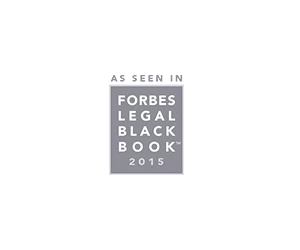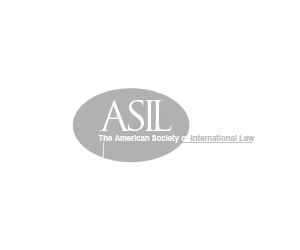Answers to Questions About the Foreign Sovereign Immunities Act
An experienced international attorney explains international laws and their effects on clients
With Mr. Camp’s in-depth knowledge of the governing Foreign Sovereign Immunities Act, the Law Offices of Charles H. Camp, P.C. has won and recovered significant debts through litigation, arbitration, negotiation and international debt collection. To assist clients in understanding their rights and responsibilities under the act, Mr. Camp has provided the following answers to some frequently asked questions:
What is the Foreign Sovereign Immunities Act?
When is a foreign state not immune to litigation?
What is the Foreign Sovereign Immunities Act?
The Foreign Sovereign Immunities Act of 1976 (FSIA) is the primary means for bringing a lawsuit against a foreign sovereign or its agencies and instrumentalities. The act establishes certain procedures that must be followed when suing a foreign sovereign and attaching property for international debt recovery purposes. Under the act, foreign states have immunity from litigation, although there are exceptions.
It is customary international law that one foreign state is immune from the jurisdiction of the courts of another foreign state. Until recently there were few exceptions to this rule of sovereign immunity. However, as governments began to conduct commercial activities between themselves on an increasingly frequent basis, complete sovereign immunity gave state governments an unfair advantage in commercial dealings. Exceptions were created through the Foreign Sovereign Immunities Act to provide judicial remedies, including the enforcement of arbitration agreements, to private parties dealing with the state in commercial activities.
When is a foreign state not immune to litigation?
There are many exceptions to foreign states' immunity from U.S. courts, and those exceptions are enumerated in the Foreign Sovereign Immunities Act pdf provided by Cornell University Law School's Legal Information Institute, including the following:
- Foreign state waives its immunity explicitly or implicitly
- Commercial activities by foreign state in or directly affecting the United States
- Property taken in violation of international law is at issue
- Rights in U.S. property acquired by succession or gift or rights in immovable property situated in the United States are at issue
- Money damages are sought against a foreign state for personal injury, death or damage to or loss of property caused by its tortious act or omission, occurring in the United States
- Enforcement of an arbitration agreement made by the foreign state with or for a private party
- Money damages are sought against a foreign state for personal injury or death that was caused by an act of torture, extrajudicial killing, aircraft sabotage, hostage taking or their support, if the foreign state is a designated sponsor of terrorism
- Admiralty lawsuit to enforce a maritime lien against a vessel or cargo of the foreign state, based on commercial activity
Legal knowledge is the power to win
Mr. Camp represents foreign and domestic sovereigns, companies and individuals in international dispute resolution, including litigation, arbitration and negotiations, as well as international debt recovery. For personalized representation, call 202.457.7786 or 301.461.0283 or contact the Law Offices of Charles H. Camp, P.C. online.










